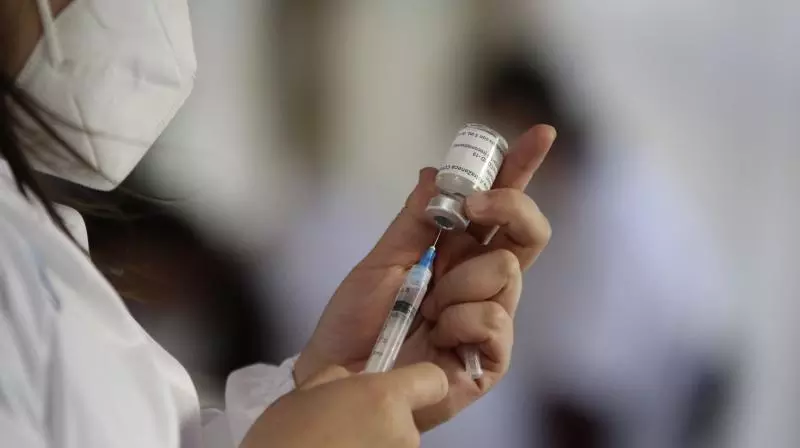Immunisation for all is Humanly Possible

Representational Image
Vaccination drive all over the world in the last half century has contributed vastly in eradicating many vaccine preventable diseases. It is by far the most important lifesaving intervention and one of the most significant inventions in history. Vaccines assist our body in yielding antibodies that defends us from many disease-causing bugs. It is much safer for us to produce antibodies through vaccination than producing them by actually contracting the malady.
This year marks the completion of fifty years of Expanded program on immunisation (EPI). In five decades, many potentially life-threatening conditions like smallpox, polio which were once feared are now triumphed over by us. Vaccination against 14 disease causing bugs has reducing deaths in under one year children by 40% all over the world. This enabled us in not only improving survival rates but also ensuring better quality of lives for our future generations. According to World Health Organisation, global immunisation has saved 150 million lives. Newer vaccines like HPV vaccine which protects against cervical cancer , JE vaccine , meningococcal vaccine , COVID vaccine have further helped us in the past few years in saving lives.
Due to the impact of COVID 19, millions of children, world-wide have missed vaccinations. According to global statistics, 20 million children have missed one or more vaccines. This led to the resurgence of some dreadful diseases like measles, measles, mumps and rubella which were earlier controlled. Hence, we should utilise every opportunity to vaccinate our children.
This year's theme is “Humanly possible – Immunisation for all “. This underlies the fact that it is certainly possible to make vaccinations accessible to every child especially in resource limited countries.
• This can be made possible if every parent understands the importance of vaccines.
• Vaccine hesitancy should not be encouraged.
Give vaccines and save little lives.
By Dr. Pranitha Reddy (The author is Consultant Neonatologist & Pediatrician, ACLP Lactation Trainer KIMS Cuddles, Kondapur)
( Source : Guest Post )
Next Story

